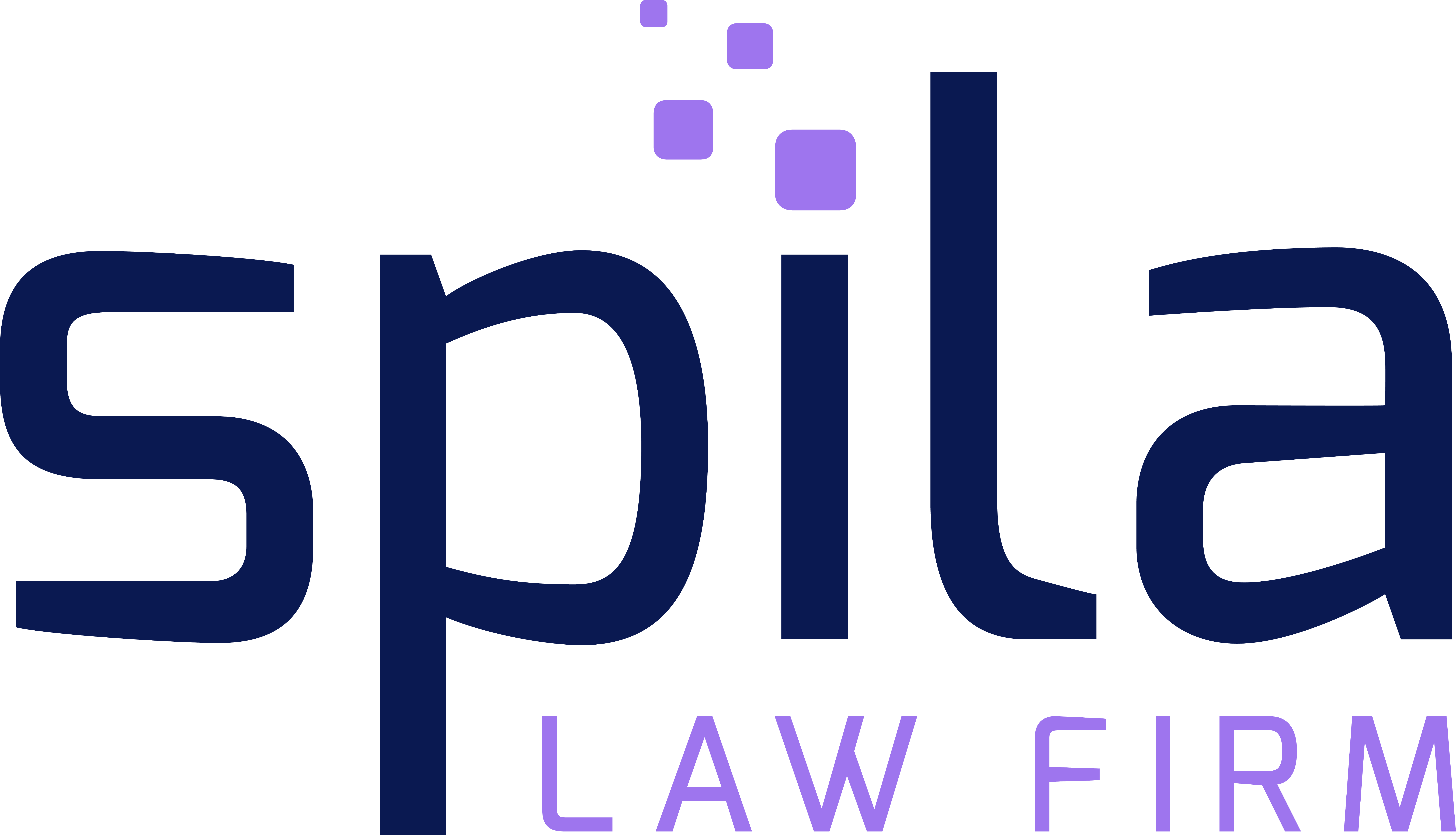What is Trademark Law and What are its Key Elements?
Trademark law plays a fundamental role in protecting the rights of businesses and individuals in relation to their brands and distinctive identifiers. It encompasses a set of legal principles and regulations that govern the registration, enforcement, and protection of trademarks. In this article, we will explore the key elements of trademark law, including trademark protection, the relationship with intellectual property law, the importance of brand protection, trademark registration, and the role of an intellectual property lawyer.
Trademark Protection
Trademark protection is the core objective of trademark law. It grants exclusive rights to the owner of a trademark, preventing others from using similar marks in a way that may cause confusion among consumers. This protection is crucial in maintaining the distinctiveness and reputation of a brand. Trademark owners have the right to enforce their trademarks and take legal action against infringers who attempt to capitalize on their brand’s goodwill or dilute its distinctive qualities.
Relationship with Intellectual Property Law
Trademark law is a significant branch of intellectual property law, which encompasses various legal frameworks that protect intangible assets. Intellectual property law covers trademarks, copyrights, patents, and trade secrets. Trademark law specifically focuses on protecting the distinctive signs, symbols, logos, names, and slogans that identify and distinguish goods or services in the marketplace. It provides a mechanism for businesses and individuals to secure legal rights to their brand identities and prevent unauthorized use or infringement.
Importance of Brand Protection
Brand protection is a vital aspect of trademark law. A brand represents the reputation, goodwill, and value of a business or product in the minds of consumers. Trademarks serve as a key element in safeguarding a brand’s identity and distinguishing it from competitors. By registering a trademark, a brand owner can prevent others from using similar marks that may confuse consumers or damage the brand’s reputation. Brand protection through trademark law ensures that businesses can maintain their market position, consumer trust, and competitive advantage.
Trademark Registration
Trademark registration is a crucial step in trademark law. Although common law rights may arise from the mere use of a mark, registration provides additional benefits and legal advantages. Registering a trademark with the appropriate government authority provides evidence of ownership and grants exclusive rights to use the mark in connection with specific goods or services. Trademark registration strengthens the enforceability of rights and provides a solid foundation for legal protection and enforcement actions against infringers. It also allows for broader territorial protection and serves as a deterrent to potential infringers.
Role of an Intellectual Property Lawyer
Navigating the complexities of trademark law requires expertise and legal guidance. Consulting an intellectual property lawyer specializing in trademark law is essential for ensuring proper understanding and adherence to the law’s key elements. An IP lawyer can assist in various aspects, including:
- Trademark Clearance and Availability: An IP lawyer can conduct comprehensive searches to determine the availability of a proposed trademark, minimizing the risk of potential conflicts with existing marks.
- Trademark Registration: Lawyers can guide individuals and businesses through the trademark registration process, preparing and filing the necessary applications and ensuring compliance with legal requirements.
- Enforcement and Protection: In cases of trademark infringement or unauthorized use, an IP lawyer can provide advice on enforcement strategies, initiate legal actions, and represent the trademark owner’s interests in litigation proceedings.
In conclusion, trademark law is a crucial aspect of protecting brands and their distinctive identities. It provides legal protection, enforcement mechanisms, and exclusive rights to the owners of trademarks. Understanding the key elements of trademark law, such as trademark protection, its relationship with intellectual property law, the importance of brand protection, trademark registration, and the role of an intellectual property lawyer, is essential for businesses and individuals seeking to establish and protect their brands.






